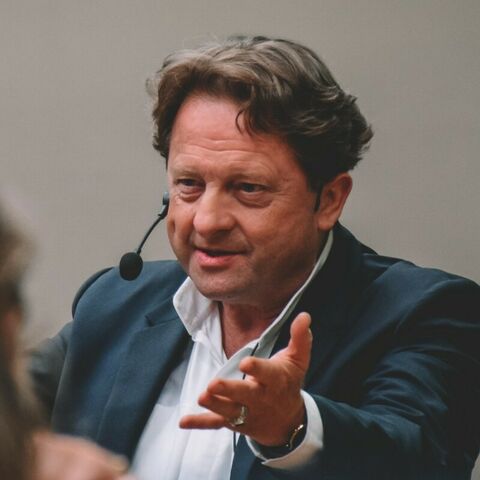Core Curriculum
Corporate Finance
A general understanding of the financial accounting system is a must for anyone entering the business world. This course takes you through the basics and refines your knowledge to the aspects that are most important in your role as a manager. You will learn how to make decisions to maximize the value of your business and be provided with various analytical tools to assess and manage the efficiency of your business. A financially thriving business is within reach.
Global History and Philosophy
This course explores how business and management decisions are shaped by historical, philosophical, and cultural contexts. You'll explore how beliefs and societal shifts have evolved over time, encouraging you to think about making decisions that matter. Get ready to unpack how Western philosophy, tech (like AI), and neuroscience influence management practices. By the end, you’ll be equipped to make smarter, more sustainable choices in a digital world.
Global Strategic Management
Learn the art of keeping your company relevant and resilient in an ever-changing world. This course covers what makes a great strategy and how to create one in multinational companies. You'll look at global business trends and tackle the challenges and opportunities that help organizations stay ahead of the game.
Public Affairs and Government Relations
Public affairs play a crucial role in democracies, helping people make informed choices and holding power accountable. This course is your guide to understanding how government and civil society organizations connect. You'll get insights in policy analysis, lobbying, advocacy, community relations, risk and crisis management and more. It’s all about making sure voices are heard and interests are represented.
International Negotiations
Negotiation skills are integral to success in international business. After a fundamental exploration of modern negotiation research, you will engage in important current or historical negotiations yourself. You will analyze your own skills and establish your own learning path to become a better negotiator, with the help of concrete tools, case studies and your fellow students.
Global Marketing
What exactly does marketing mean to an organization? You'll find the answer in this course, which teaches you to apply marketing concepts and strategies to different countries and cultures. By the end, you'll know the strategic importance of marketing management, how to address the issues it raises and what role it plays in modern, international business plans.
Global Supply Chain Management
In this course, you will gain an overview of international supply chain and logistics management, combined with practical applications to learn to link the right concepts and tools to the right issue. As an executive, you will be well-prepared for the dynamic decision-making that multicultural business management demands.
India Immersion: Innovation and Entrepreneurship in Emerging Markets
One of the three destinations that make this master's program special is the trip to India, where you will be fully immersed in South Asian heritage and business culture. A mix of classroom lectures, company visits and interviews with business leaders gives you a full understanding of the economic ecosystem. Add in a few fun excursions, and you'll return to Belgium with a rich understanding of local customs and business principles. The perfect basis for later professional collaborations.
Brazil Immersion: Social Innovation for Global Impact
On a unique trip to Rio de Janeiro and Porto Alegre, you will work with fellow Brazilian students and local, social organizations to create a direct, positive impact for the community. The extensive contact with numerous Brazilian entrepreneurs, tech start-ups and business stakeholders will help you form a postcolonial perspective essential for further cross-cultural projects. And of course, we will make time for a party too!
Master Project
Inspired by the beautiful trips and impressive courses? With your Master Project, you'll put all your new knowledge into practice. You will choose a company with an international business case to delve into and start looking for workable solutions. You will not only complete the master employing the total package of intercultural management skills, tools and frameworks you encountered along the way, but you also take a big step towards the workplace.
Note: This curriculum is subject to change.










